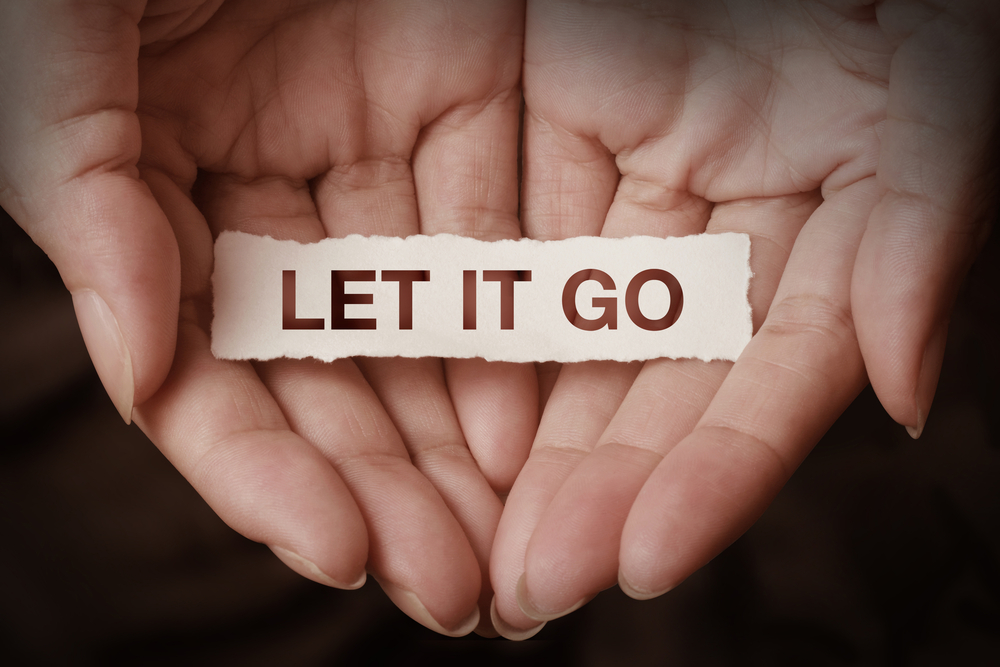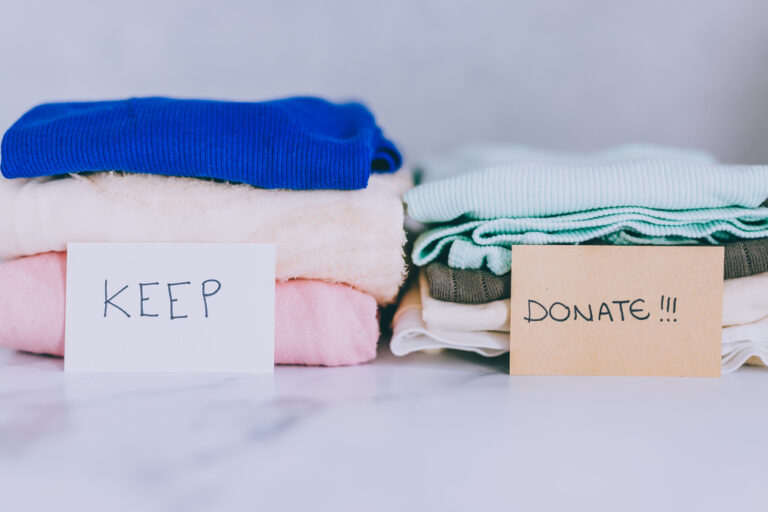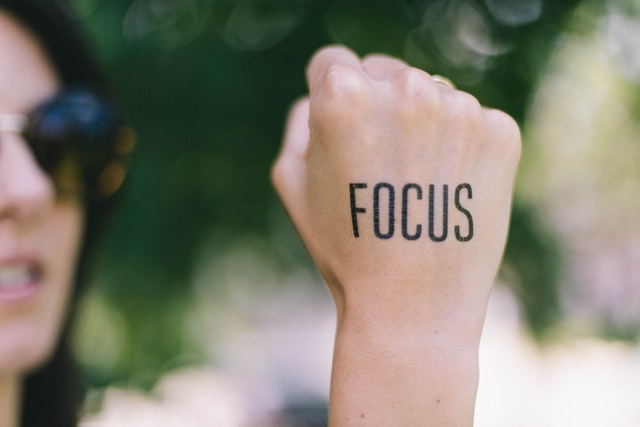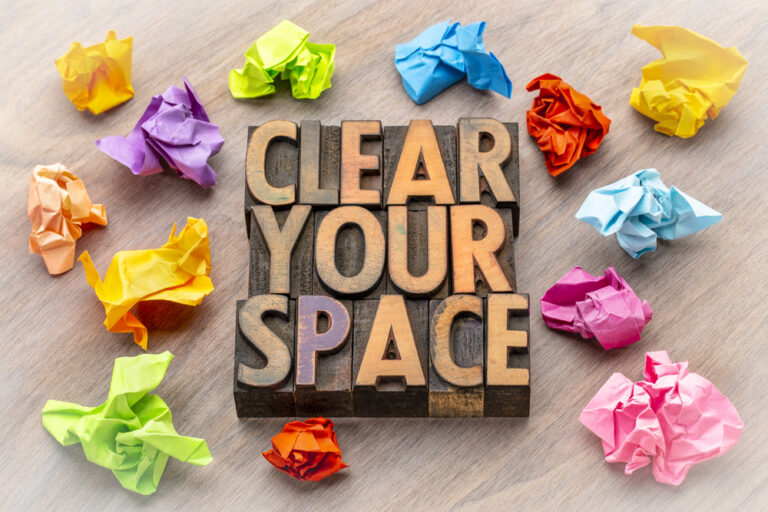The 3 Emotions That Hold You Back from Decluttering Your Home Effectively
If you have so much stuff and your space feels too crowded, it’s time for a change. It’s time to declutter.
But if you’re someone who hates to let go of things, decluttering your home can feel like a daunting task.
If you analyze the reasons behind your resistance to let go, you will likely discover one of these three emotions: attachment, fear, and guilt.
In this article, let’s explore these emotions further, understanding how they can hinder your decluttering journey and, more importantly, learn ways to overcome them.
3 Emotions That Prevent You From Decluttering Your Home Successfully
Let’s take a closer look at each of these 3 emotions.
Emotion #1: Attachment
We are often emotionally attached to things because they remind us of a certain person or time in our lives. It can be difficult to let go of things that hold special meanings to us, even if we no longer need them.
I am a very sentimental person and I always see my stuff more than just “stuff”. I feel each of my possessions tells a story of my life and represents a part of me. I used to worry if I didn’t have the stuff that served as reminders, I would forget important memories.
It wasn’t until several years ago, when I needed to prepare for an overseas move, that I learned to let go of my clutter without feeling terrified. Because I have learned, that memories are not in my ‘stuff’, but they are in my heart.
For example, at first, I felt very sad about giving away my son’s old picture books from his baby/toddler years. However, I came to understand that I didn’t actually need those picture books to keep the memories alive. These cherished moments were so important, that they were already “engraved” in my heart.
Moreover, thanks to the convenience of modern technology, I have numerous photos of my son holding/reading those picture books, as well as videos of myself or my husband reading to him at bedtime. These visuals serve as even better reminders of those cherished memories.
If you can’t part with something for sentimental reasons, try to find a way to honor the memory without keeping the physical item. For example, you could take a picture of the item or write down memories associated with it.
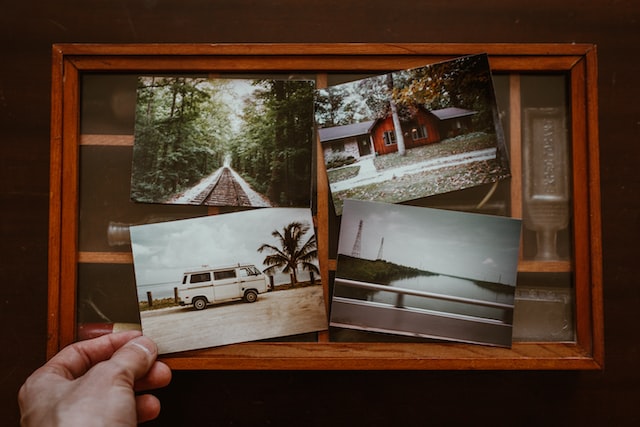
By doing this, you can simplify your home without forgetting the people and times that have made you who you are today.
Emotion #2: Fear
Another reason why we hold on to things is because we’re afraid that we might need them later on, and regret the decision to declutter.
But this “just in case” mindset only leads to clutter and a feeling of being overwhelmed.
The truth is, we rarely (if ever) use the things we keep for “just in case.” If you are worried about regretting your decluttering decision, here are 2 solutions that you can try. These solutions work differently in logic, and you can try both to figure out which one you like better:
1. Out of sight, out of mind
Place any “uncertain” items in a box and label it with a “donation date” that’s 6 months from now.
Throughout this period, if you find yourself missing or needing something from the box, simply retrieve it. Once the 6-month time is up, you can confidently donate all the items that remain in the box.
2. Evaluate often
Place your “uncertain” items in a visible location in your home, like the middle of the living room or on your kitchen counter. This way, you’ll pass by and see them frequently whenever you’re at home.
If you’re unsure about decluttering certain clothes, hang them in the center of your closet so they are the first things you see when opening the closet.
Seeing these items regularly prompts you to evaluate your feelings and needs for them. Once you’ve given it enough thought and feel ready, you can confidently make decisions without worrying about regretting them later on.
I personally like the second solution better because it allows me to take my time to think. What about you? Which one do you prefer?
Emotion #3: Guilt
Have you ever held on to something just because you feel guilty about getting rid of it?

Maybe you paid good money for it and feel like you should get your use out of it before getting rid of it. Or maybe someone gave it to you as a gift and now you feel like getting rid of it would be an insult to them.
Whatever the case may be, guilt is a powerful emotion—and one that can keep us hanging on to things we don’t really need.
There are several mindsets that can help you overcome the feeling of guilt:
- Your bank account balance won’t change again when you get rid of clutter.
- Be thankful for what those things have done for you
- Memories are in our hearts, not in things
- You can’t turn back time, but you can learn from our mistakes
- Don’t punish yourself by keeping the things you regret buying
If you would like to learn more, I have a post that is dedicated to this topic: How to deal with declutter guilt. Check it out!
Conclusion
If you’re finding it difficult to declutter your home, you’re not alone. These three emotions are common obstacles that people face: attachment, fear and guilt.
By understanding why you’re struggling, you can take steps to overcome these challenges and let go of your clutter successfully.
